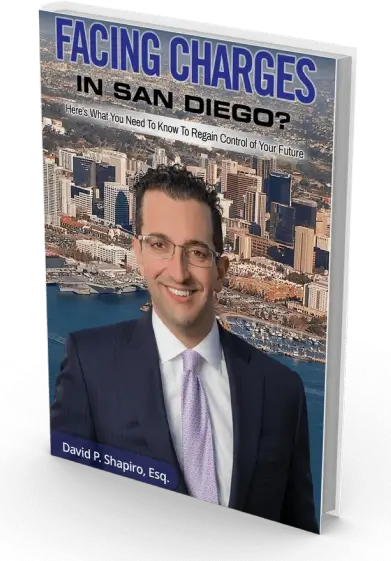Can Law Enforcement Lie to You?
Yes, yes, a thousand times yes. I wish I could shout this from the rooftops. Law enforcement can lie to you. Law enforcement WILL lie to you.
We have all heard some version of this myth at one point or another. My personal favorite is that undercover cops are required to be honest about the fact that they are law enforcement if you ask them. While this would make everyone’s lives a lot easier when accused of a crime, it simply isn’t true.
Police lie to suspects and witnesses for a number of reasons. Sometimes, they will deliberately give false information to make you more comfortable offering statements you wouldn’t have provided otherwise. When someone tells you something that is untrue, it is natural to want to correct them, clarify, or fill in the gaps. However, this is how individuals end up making statements that might hurt them later on during their criminal case.
Think of it this way: say a cop tells you a crime occurred in your neighborhood at 8:00 at night. You say that you couldn’t have had anything to do with it, because you didn’t get home that night until 9:00. But if the crime actually occurred at 9:30, then you just gave that officer all the information she needs to put you in the area around that time. A little misinformation on law enforcement’s part just went a long way towards building a case against you.
They might also lie about having certain evidence against you or someone else (like DNA) so you will agree to do something in an effort to clear your name (like submitting to a lie detector test). More information on how that can backfire here.
At the end of the day, you simply don’t know what law enforcement’s motives are when questioning you, whether they’re trying to help you or (more likely) gather evidence against you, or whether they’re even telling the truth to begin with. The safest bet is either to make no statements at all, or to only make statements with the assistance of an experienced, highly-qualified criminal defense firm in your corner to protect you.
If you or a loved one is under investigation for a crime or was subjected to questionable contact from law enforcement, give our office a call at (619) 295-3555 to set up your consultation and see what you can do to regain control of your future.
The contents of this article and blog are for meant for informational and marketing purposes only and do not constitute legal advice. Viewing and/or use of the blog does not form an attorney-client relationship. No statements in this post are a guarantee, warranty, or prediction of a particular result in your case.









